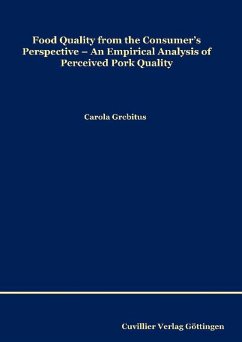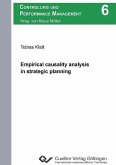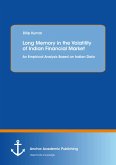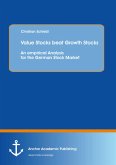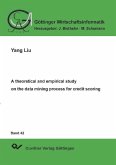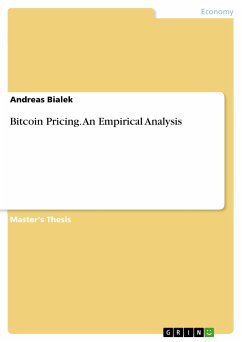This thesis analyses food quality in general and pork quality in particular from the consumer’s perspective, combining consumer behaviour research and the economics of information approach. Based on the assumption that consumers’ stored quality information is activated at the point of sale to perceive quality and make purchase decisions the theory of cognitive structures was applied. To uncover stored information the approach of concept mapping was used to investigate which pork quality information are stored in consumers’ memory. Therefore, 260 private households were interviewed in 2004 with regard to pork consumption patterns and quality perception. Results show that consumers relate intrinsic quality cues strongly with experience quality attributes and extrinsic quality cues strongly with credence quality attributes. In 2005 a second survey was accomplished at the point of sale (n=767) to investigate the impact of quality information used by consumers to make the pork purchase decision. Results show that at the point of sale the extrinsic quality cue ‘seal of approval’ is used if consumers purchase their pork at small supermarkets, use household leaflets to make purchase decisions, are older customers and have a higher income level. Overall, the thesis is of practical relevance for the agribusiness as the results assist food industry and food retailers to offer consumer-oriented food quality.
Dieser Download kann aus rechtlichen Gründen nur mit Rechnungsadresse in A, B, BG, CY, CZ, D, DK, EW, E, FIN, F, GR, HR, H, IRL, I, LT, L, LR, M, NL, PL, P, R, S, SLO, SK ausgeliefert werden.

